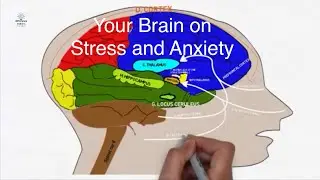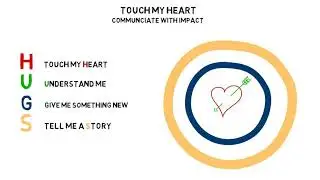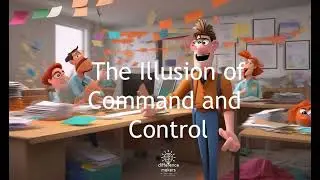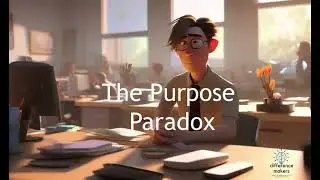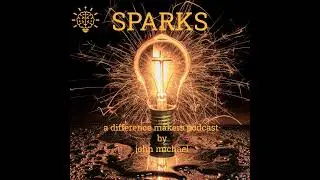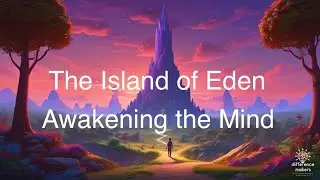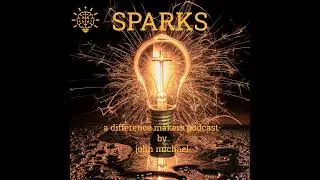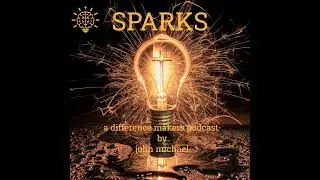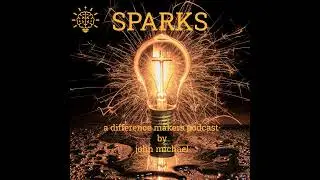Barry's U-Turn
Meet Barry
Barry first crossed my path outside a grimy pub, nestled in one of the most avoided parts of town. I was heading the new EU-funded “Access to IT” course at the local college, aimed at transforming the lives of unemployed youths often stuck in a cycle of despair. Barry, with his hardened exterior, was precisely the kind of individual we were trying to reach.
I handed Barry a course flyer that day, to which he responded by crumpling it into a ball and giving explicit instructions on where to shove it. Taking the hint, I backed off and moved on. But two weeks later, something unexpected happened.
Thanks for reading Difference Makers! Subscribe and support my work.
A Rough Start
It was a regular Tuesday morning when Barry, looking every bit as intimidating as before, strode into my classroom. My students fell silent, their eyes glued to their textbooks. Barry waved the crumpled flyer, now a relic of our first encounter, and demanded, “What’s all this about?”
In those pre-smartphone days, there was no one to record the tension or call for help. I invited Barry to a corner table, hoping one of my students might slip out and fetch security if needed. But they didn’t; they simply continued to study.
Barry dropped his guard and began sharing his story of an unpleasant childhood, being expelled from school at 15 for fighting, and wandering the streets with no direction. Job prospects were nil, his lack of qualifications and his reputation making him an undesirable candidate for any position. We talked for a while, and eventually, Barry filled out the application form.
The Brain's Inner Theatre
Understanding the brain's role in communication can shed light on why people like Barry feel isolated. The prefrontal cortex (PFC) is akin to a theatre stage, focusing our attention amidst a barrage of sensory input. Stories engage our brain, fostering connections and empathy through the release of oxytocin—the love hormone.
Know someone who would like this?
Barry's School Struggles
Barry faced enormous challenges. He flunked his first assignment, and I feared he might give up. But instead of anger, Barry showed frustration with himself. He confided in me, revealing his struggles and admitting that the only thing he knew how to do was look tough.
With patience, Barry slowly made progress. By the end of the year, his scores were passable, though not exceptional. Encouraged, Barry applied to UMIST, a renowned IT school. He dared to hope.
The Power of Storytelling
Communication often fails when it lacks heart. Data and facts without emotional connection quickly fade from memory. Barry's journey teaches us that effective communication must blend information with empathy and narrative. By understanding and relating to others, we transform mundane exchanges into memorable interactions.
An Unexpected Reunion
Years passed. My project at the college ended, and my career took me across Europe and Asia. Ten years later, while running a workshop back in the UK, Barry appeared at the back of the room. He looked different—bald, scarred, but changed.
During the break, Barry approached me. Over coffee, he shared how he had gotten into UMIST, graduated with honours, and started a business producing community videos. These films aimed at steering youngsters away from drugs and back into education. He was now a leader in his community, spearheading initiatives to improve the area.
A Heartfelt Thank You
With tears in his eyes, Barry thanked me. "You were the first person to believe in me," he said. "You gave me a chance, and that inspired me to help others."
Barry’s transformation wasn’t just about turning his life around; it was about igniting a chain reaction that could uplift an entire community.
In the end, it’s all about HUGS: Touch my Heart. Understand me. Give me something new. Tell me a Story.
Reflection Questions
Empathy in Leadership: How can you incorporate empathy into your daily interactions with your team or colleagues?
Effective Communication: Reflect on a recent conversation where you shared important information. Did you balance facts with emotional connection?
Transformational Impact: Are there individuals in your professional life who might benefit from your belief and support? How can you be their advocate?
Personal Growth: Think about a challenge you've faced in your career. What story can you tell that might inspire and guide others facing similar challenges?
Conclusion
Barry’s journey reminds us that the most significant transformations often begin with a single act of belief and empathy. As leaders, it's our responsibility to understand, support, and elevate those we lead, creating ripples of positive change that extend far beyond our immediate reach.
This is a public episode. If you would like to discuss this with other subscribers or get access to bonus episodes, visit differencemakers.substack.com (https://differencemakers.substack.com?utm_medium=podc...

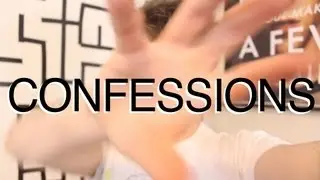

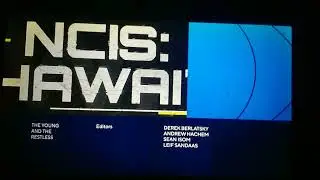

![Understanding Klee’s Animation Cancel Attacks [Genshin Impact 1.6]](https://images.mixrolikus.cc/video/2OX-wzpwhdc)

![[Spongebob Voice Generator] How to Make Your Voice Sound Like Spongebob](https://images.mixrolikus.cc/video/5Z3ykz98Et0)
